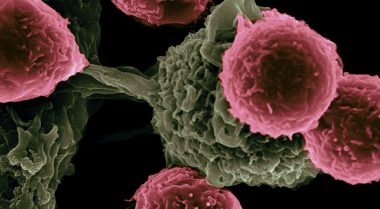Stylianos Boulitsakis Logothetis
PhD Student (Big Data for Complex Disease programme) at University of Cambridge

I attended Durham University and completed my MEng in Computer Science with a focus on machine learning. My dissertation investigated training interpretable models with Electronic Health Record data to estimate patients’ risk of adverse health outcomes as a decision-support tool in acute secondary care. My research interests include medical applications of AI, interpretable machine learning, AI fairness and ethics, and deep generative modelling.
Project Information
Research Driver Programme: Big Data for Complex Diseases
Title: Advancing primary prevention strategies for complex diseases
Summary:
At present, a wide array of tools are used to predict a person’s future risk of individual diseases based on particular risk factors (e.g., age, blood pressure, BMI) measured at a single point in time. Because these tools target one disease at a time, we miss the opportunity to identify people who are at risk of multiple complex diseases, which are often interrelated. Further, treatment decisions based on measures at a single point in time do not take into account important fluctuations or how risk factors behave over time. We aim to enhance the prevention of multiple complex diseases by developing and evaluating risk prediction tools that monitor a person’s risk of multiple diseases over time and to translate these tools into primary prevention strategies.
What is your motivation for undertaking this project and how will this funding impact your research?
I am particularly interested in data-driven decision support and deriving insights and strategies to support staff on healthcare’s ‘front lines’. My previous work involved predictive modelling of patients’ deterioration risk at the point of acute presentation. Pursuing a holistic approach that considers the complex interactions between diseases, their symptoms, and treatments across long periods of time represents a logical next step in my research journey. This funding, in the form of a funded PhD studentship, gives me the opportunity to focus full-time on research and contributing towards solutions for one of the field’s most challenging and interesting problems.


